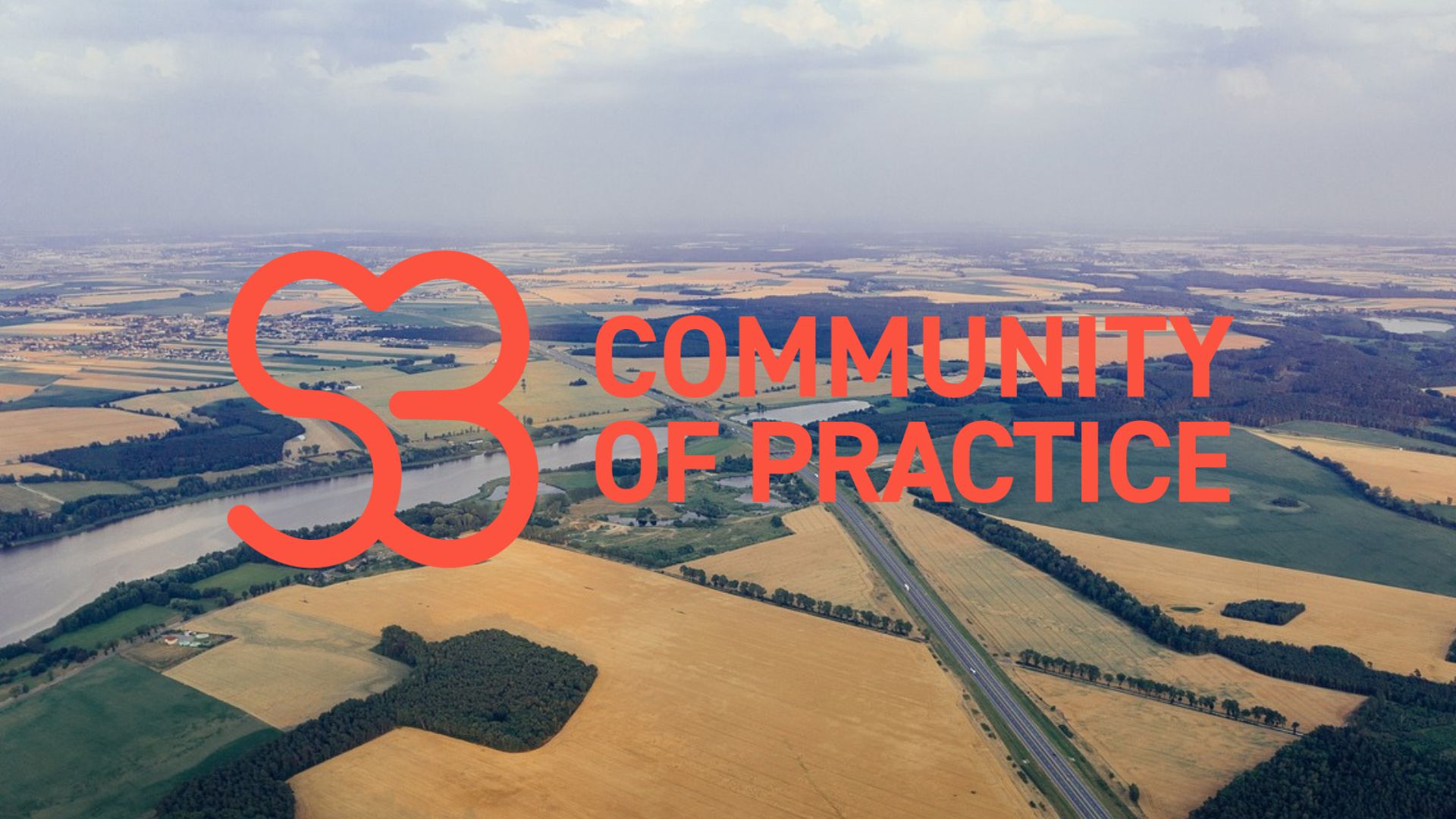Revolutionizing growth: EU's smart specialisation strategies unleash regional powerhouses
- 29 Nov 2023

A linchpin of the Europe 2020 strategy, Smart Specialisation is not just about growth—it is about turbocharging it. In fact, it is a tailored roadmap that helps each EU Region to figure out what they are good at and then gives them the tools to become the best at it. Consistently with the place-based approach of Cohesion policy, this concept reflects the uniqueness of European regions and helps them concoct their recipe for success.
It is not about cutting-edge technology either. Instead of expecting an unrealistic overhaul of regional productive processes in line with futuristic technologies, the S3 encompasses sectors like traditional crafts, social innovation, or green energy. This way, regions that lack sound scientific or industrial basis can still innovate and benefit from financial support.
At the same time, niche sectors overlooked by private investors in normal conditions can receive a leg up. By strategically investing in areas where regions can excel, the EU aims to create a more resilient and competitive Europe, paving the way for sustainable growth and job creation in the ever-evolving global landscape.
Priorities
The S3 key priorities hinge on harnessing the inherent strengths of each region, fostering collaboration between businesses, research institutions, public authorities, and civil society. Through a bottom-up approach, the EU empowers regions to design and implement their own bespoke innovation strategies, aligning with both local expertise and global market demands. Emphasizing the importance of research and development, skills and entrepreneurship, Smart Specialisation envisions a harmonized and dynamic European economic ecosystem.
S3 priorities are defined according to the regions and countries competitive advantage, resources, institutional frameworks and conditions on the ground. A regional or national Smart Specialisation Strategy identifies domains, areas and economic activities where regions or Member States have a competitive advantage or the opportunity to generate knowledge-driven growth and overcome challenges of their environment.
Priorities are not imposed by picking winners either. Instead, the strategy is set through an inclusive, multi-level and interactive process. This way private and public stakeholders can chime-in on the best ways forward, coherently with the unique conditions of their region, its socio-economic composition and its history.
A horizontal governance
S3 seeks out activities with the potential to express a unique competitive edge through an Entrepreneurial Discovery Process. This process rests on collaboration among stakeholders at every level of priority setting and governance. This approach to governance is being reinforced in the 2021-2027 programming period: with recent crises dictating the necessity for continuous stakeholder engagement throughout implementation.
EU funds: where no one has ever gone before
An example of these virtuous partnerships comes from the Italian region of Puglia, where EU funds allowed the enterprise Tersan 3 to kickstart and scale its activity. Tersan takes the philosophy of waste reduction and circular economy to a whole new level. Its activity, solidly science-based, refines organic waste to create natural fertilisers for agriculture while extracting clean energy from the by-product of its industrial process, which in turn is redistributed in the local grid. With EU funding it has been able to grow, perfect its process and hire staff for research and development with the aim of creating bespoke fertilisers for different crops.
Reached for a comment, Paolo De Nigris, institutional communication expert with familiarity of S3 projects in Italy explained that “EU funds allow small local realities with good ideas toto enter highly competitive markets”. He brought a further example from Campania, where investment in aerospace technology brought to market solutions for international sector leaders. According to De Nigris, EU funds replace venture capitalists in sectors and territories that are overlooked by usual market actors, “the EU dares to bet on technology transfer in areas the market ignores” he adds.
Another example comes from Slovakia, where € 978 thousands worth of EU funding are spearheading systems for early warning of neurodegenerative diseases. In Bratislava, a project is revolutionizing Alzheimer diagnosis. By analysing speech patterns, the project developed apps and software designed to detect various causes of cognitive impairment, including Alzheimer’s. This breakthrough enables early therapy and slowing disease progression. The project’s output includes an Alzheimer’s-dedicated app, called EWA, and the BRAINTEST app assessing memory, attention, and IQ. In Lithuania, instead, the Kaunas-based enterprise Inno Hemp is set to revolutionise the production of single-use packaging leading the shift from plastics to bio-degradable hemp fiber. Hemp bioplastic is no new technology in itself, although with the help of approximately € 28 M in EU funding, Inno Hemp boosts its potential with circular economy solutions. “We offer consumers not only the material, but also ways to ensure that these products are later not brought to nature, but back to us, where we can use them again. We provide not only the material, but also the service package, where the customer knows the full life cycle of the product, i.e. from the production of the material until the product is produced,” says Inno Hemp director.
The Smart Specialisation Strategy is precisely that: a strategic game-changer designed to invest strategically in regions’ unparalleled capabilities. Far from being just a buzzword, it is a roadmap for an economically dynamic EuropeS3 stands to play a vital role in the face of forthcoming global challenges such as fossil fuel reliance, enhancing global food security, embracing digital transformation, advancing healthcare, and achieving circularity. Such challenges are being given their much deserved attention this week at the Smart Specialisation Forum 2023 in Barcelona.


